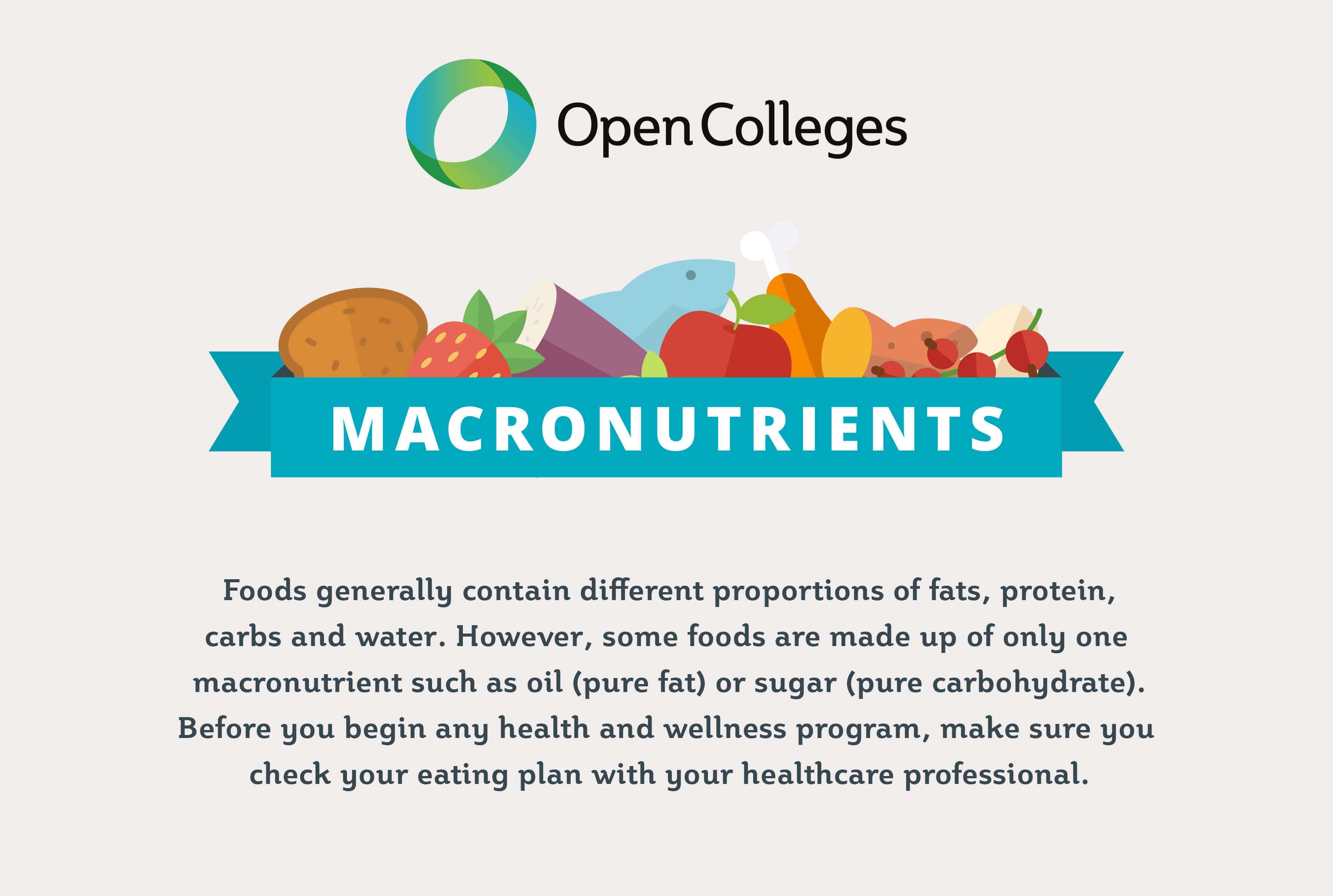Protein acts as a “builder” in your body
We only need about 10-35% of our diets to come from protein – most people get more than enough protein every day. Proteins are important as they repair and support the growth of tissues, building muscle, enzymes, hormones, amino acids and our immune system. The protein you eat isn’t used immediately for energy – it’s stored as back-up energy. One gram of protein, like carbs, also provides 4 calories or 17 kilojoules.
Macronutrient targets for people looking to maintain lean muscle whilst cutting, or to build lean muscle mass are slightly different, see below.
Protein targets:
- 2.3 – 2.8g/kg of body weight: for cutting
- 1.8 – 2.3g/kg of body weight: for gaining
Good sources of protein
- Lean meats, fish, poultry & soy
- Low fat cheese, milk & yoghurt
- Eggs
- Legumes, nuts and seeds
Carbohydrates act as a “booster” in your body
Carbs are the main source of energy for our bodies. The simplest form of carbohydrate is glucose; which our brains use for energy. Our kidneys, heart and nervous system use glucose to function. One gram of carbohydrates provides 4 calories or 17 kilojoules.
According to the Mayo Clinic, out of our total energy intake for the day, it is recommended to get around 45-65% of energy from carbs.
Good sources of carbs
• Wholegrain bread
• Apples and other fruits
• Sweet potatoes
• Oats and bran
Fats act as “regulators” in your body
Fats should make up about 20-35% of our diet. Although fats have had a bad reputation for decades they’re essential in our diet. They’re important for protecting our organs, maintaining cell membranes, promoting growth and development and absorbing essential vitamins. One gram of fat contains about 9 calories or 38 kilojoules (more than double a gram of carb or protein).
Good sources of fat
• Oily fish
• Nuts and seeds
• Olive oil and canola oil
• Avocado
A final note on Macronutrients
Everybody is different, so the amount of kilojoules/calories and therefore macronutrients your particular body needs is very specific to you and can vary from day to day, according to Hit Nutrition. “The goal is to get about the same each day, to be consistent and track goals,” they suggest. “If you aren’t making progress, but your food is consistently at the same level, it may be time to change things. But if you are not consistent, how do you know what to change?”
Following a balanced diet that contains carbs, protein and fat in the right proportions should give you all the nutrients you need!
Check out the infographic below for a snapshot of a typical day of eating.

Its not just an apple a day that saves you from ailments. What’s your sources of macro-nutrients. Leave us your comments and tell us if you are a fish loving person or a sweet potato person. Don’t forget to share this healthy infographic with your friends.
Latest posts by Yvette Mckenzie (see all)
- How To Eat The Right Ratio Of Macronutrients [Inofgraphic] - June 26, 2016
- The Key Benefits Of Studying Online [Infographic] - June 21, 2016















